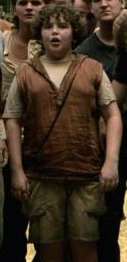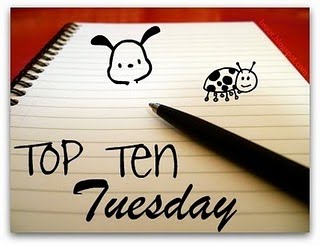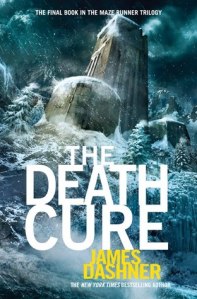Top Ten Tuesday is a weekly meme hosted for us book blogger types by the Broke and the Bookish. They provide a topic, and all of us participants post our answers on our blogs and we hop around checking out one another’s answers! This week’s topic is:
1. Fred & George Weasley from the Harry Potter series
Even before I started reading the books, these cheeky boys were my favorite characters. Not to mention that the casting was near perfect in my opinion.
4. Felicity from the Gemma Doyle trilogy
She dared to be herself and love who she wanted in a time when it wasn’t accepted. Sure she was a bit self-centered, but what Victorian girl wasn’t?
5. Cade from Losing It
I wanted so badly for Bliss to wake up and realize how in love Cade was and treat him better for it! He did get his own fantastic story in Faking It.
6. Cinna from The Hunger Games trilogy
He was the first to really help Katniss become the face of the Rebellion. Plus, his costumes were brilliant. 
7. Jasper from the Steampunk Chronicles
He’s the only American character that appears in all three Installments, and I still feel like he has a ton of secrets yet to be revealed.
8. V’lane from the Fever series
He is most definitely a prat to Mac, but I have to say that he was still one of the best parts of the series.  9. Chuck from the Maze Runner series
9. Chuck from the Maze Runner series
This boy was endearing and much more important to Thomas’ development in the Maze than you’d think. Excited to see how this young man portrays him in the movie!
10. Kat from the White Rabbit Chronicles
She was everything she needed to be for Ali and more. She was strong willed, feisty, and intelligent.
Who are some of your favorite Secondary Characters?


_2.jpg)










